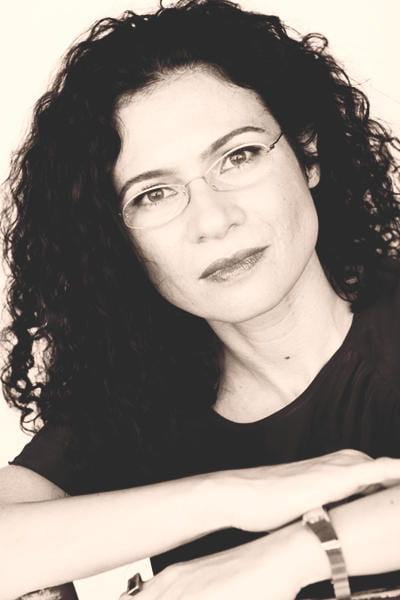
Date: March 14th, 2024 (12:30 pm – 1:30 pm)
Speaker: Leeat Yariv
Paper Title: “The Dynamics of Networks and Homophily” with Matthew O. Jackson (Stanford University), Stephen M. Nei (University of Exeter), and Erik Snowberg (University of Utah)
Abstract: We examine friendships and study partnerships among university students over several years. At the aggregate level, connections increase over time, but homophily on gen- der and ethnicity is relatively constant across time, university residences, and different network layers. At the individual level, homophilous tendencies are persistent across time and network layers. Furthermore, we see assortativity in homophilous tendencies. There is weaker, albeit significant, homophily over malleable characteristics—risk pref- erences, altruism, study habits, and so on. We find little evidence of assimilation over those characteristics. We also document the nuanced impact of network connections on changes in Grade Point Average.
Bio:
Leeat Yariv is the Uwe E. Reinhardt Professor of Economics at Princeton University, a research fellow of CEPR, and a research associate of NBER. She received her Ph.D. from Harvard University and has held positions at UCLA and Caltech prior to her move to Princeton in 2017, where she is the founder and director of the Princeton Experimental Laboratory for the Social Sciences (PExL). Yariv’s research focuses on political economy, market design, social and economic networks, and experimental economics.
Currently, Yariv is the lead editor of the American Economic Journal: Microeconomics.[1] She has served on various journal editorial boards, including the American Economic Review, Econometrica, Games and Economic Behavior, Journal of Economic Literature, and Quantitative Economics.
Yariv is a fellow of the Econometric Society and the Society for the Advancement of Economic Theory, and she was elected as a member of the American Academy of Arts and Sciences in 2020.